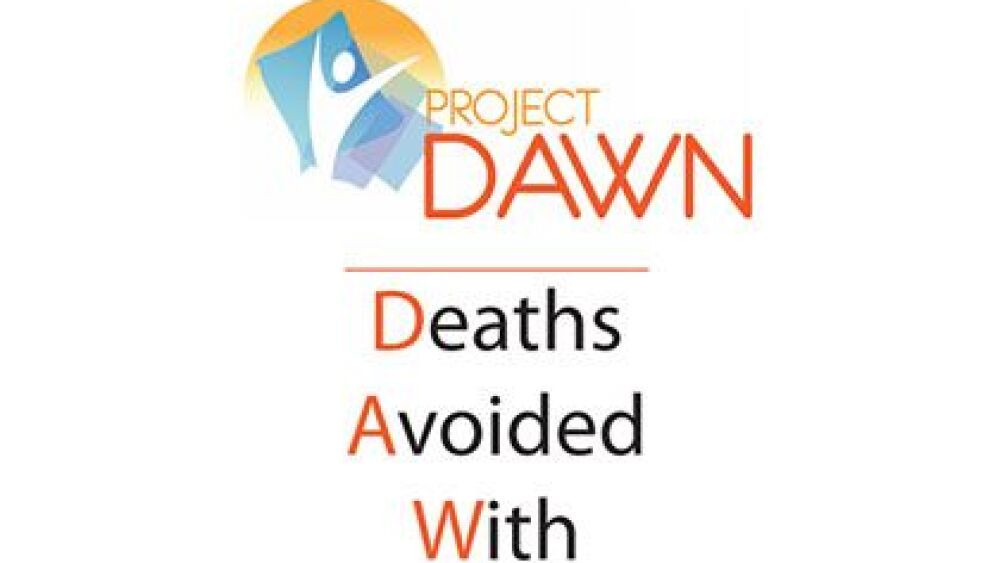By Stephanie Warsmith
Akron Beacon Journal
AKRON, Ohio — When 1,000 people recently gathered downtown to raise awareness about the heroin epidemic, one of their chief demands was that Akron police — in addition to paramedics — begin carrying the heroin reversal drug naloxone.
That demand soon will be met.
Akron police supervisors went through training Monday morning in how to administer naloxone, which is marketed as Narcan. The supervisors will train the patrol officers on their shifts, with the goal of having Narcan in every cruiser by the end of this month.
“We’re going to be part of the community response to a very important issue,” said Capt. Sylvia Trundle, who was among the 20 officers who participated in Monday’s 90-minute training.
Narcan can reverse a heroin overdose by countering the breathing-suppression effects of opioid overdoses. Many police departments locally and across the country have armed their officers with the drug in response to the spike in opiate overdose deaths.
Akron police Chief James Nice said after the Aug. 9 rally that he didn’t expect his 452 officers to begin carrying Narcan because it would be an unnecessary financial burden, especially when Akron paramedics — most often the first to respond to overdose calls — already have the drug. Nice said he changed his mind when he found Summit County Public Health would train officers and provide free Narcan kits with no cost to the department.
“It’s hard to walk away from free,” he said.
Dr. Marguerite Erme of Summit County Public Health, who did the training for the Akron officers, compared having Narcan to buying life insurance.
“You hate paying for it,” she told the officers. “If you ever need it, it’s there.”
Free public training
The health department also is one of two sites where Project DAWN offers free Narcan training to opiate users and their friends and family. The program distributed 100 Narcan kits in the last quarter.
“People are really, really grateful for it,” Erme said.
The police training, which included the same video shown during the Project DAWN sessions, taught the officers about the symptoms of an overdose, how to respond to a suspected overdose, how to administer Narcan nasally, and what to do after the drug is given.
The Narcan kits the officers will receive include two face shields for mouth-to-mouth resuscitation, two needleless syringes and two atomizers, all in a small pouch.
Under state law, Erme told the officers, they can’t be held liable if they administer Narcan to someone they think has overdosed. If the drug is given to someone who hasn’t overdosed and has a different health issue, Erme said, the person won’t be harmed.
Erme asked the officers to document their Narcan use and provide this information to the health department monthly and also to turn in their kits after they have been used. She said the health department can provide replacements at a lower cost than the original kits.
State funded training
The health department received state funding to train law enforcement personnel on the use of Narcan.
The department previously provided the training to several other law enforcement agencies in Summit County, including Bath, Boston Heights, Copley, Fairlawn, Hudson, Mogadore, Richfield, Silver Lake, the Summit County Sheriff’s Office, Tallmadge and the University of Akron.
The Akron Police Department’s next step will be developing a policy, likely modeled after other local police departments, on officers’ use of Narcan.
The policy will need to be in place before officers begin carrying the drug.
City officials are pleased that the Police Department is taking this step.
“This is a simple next step to the onerous fight against this epidemic,” Akron Mayor Don Horrigan said in a statement. “Statistically, EMS arrives before the Akron Police Department the vast majority of the time, yet in those crucial first responder moments when APD does arrive first, I want our officers to be able to save a life.”
Copyright 2016 the Akron Beacon Journal (Akron, Ohio)












